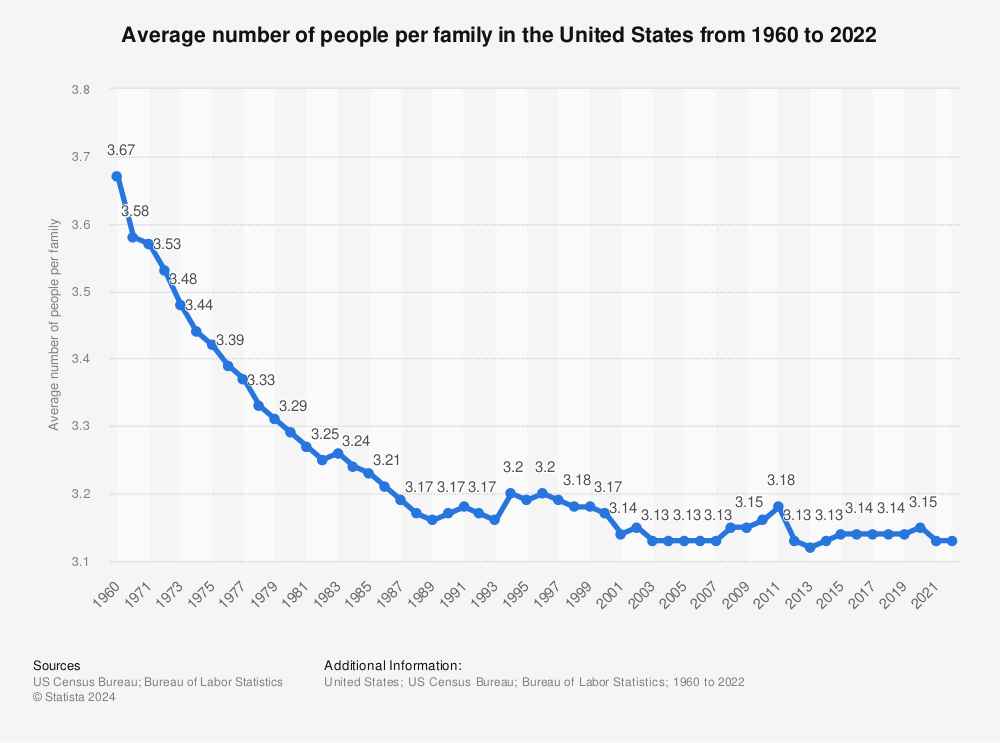Many parents who are financially able to pay their children’s college expenses without having to dip into their retirement savings cite the development of a child’s sense of personal responsibility that takes place when the child is forced to pursue a college degree on his or her own as an argument in favor of this practice.
Older people in the United States almost always think this way when it comes to helping their children pay for college.
Given the financial pressures that even the average American family is under in this day and age, it seems reasonable to require a young person to make a contribution toward the cost of his college education.
Some families, particularly those with elderly parents who have not yet begun saving for retirement, have little alternative but to do so.
This is especially true for households in which no one has started saving. However, parents may choose not to pay for their children’s college education even if they have the financial means to do so.
Get Latest Scholarships
This may be the case if they believe that the job prospects available to them today are less stable and pay less than they did in the past.
See also: Guide to Writing a Scholarship Essay that Stands Out: With Examples 2023

Find more statistics at Statista
Why is higher education only available to the wealthy?
Higher education is becoming increasingly unsustainable for many people as a result of rising tuition expenses coupled with a slowing or complete cessation of pay growth. It is important for parents to teach a sense of responsibility in their children.
The United States of America would not be where it is now if everyone simply sat back and waited for the money to come to them. However, this does not imply that we should force our children to spend their early adulthood doing jobs that pay the minimum wage in order to pay back their student loans at an alarmingly high interest rate.
A logical compromise would be to divide the task across everyone. It is not a case of either/or when it comes to financial aid for school.
Your child will develop a sense of responsibility if he is required to pay a sizeable portion of his own tuition, and the two of you will profit from the fact that the cost sharing arrangement will prevent either of you from having to incur debt in order to pay for college.
Without active participation from their parents, children are more likely to fail to see the significance of obtaining a higher education.
Is higher education a worthwhile investment?
An education at a reputable university must not be regarded as something that can be taken for granted but rather as an investment in a prosperous future for one’s own family.
If you are able to explain this to your child, he or she will be much more responsible in college, and they won’t be as disheartened by the amount of effort that is required to graduate.
It is reasonable that parents would put their own financial stability ahead of their children’s education and employment opportunities, but it is important to keep in mind that neither of these things are nearly as easy to come by as they once were.
If they have the financial means to do so, parents who are able to assist their children in paying for college should view this assistance as an investment in their children’s futures.
Final thoughts
We hope you enjoyed our article on Should Parents Pay for Their Child’s College Tuition? Tough Love vs. Economic Reality. We are of the opinion that every child should have the opportunity to educate themselves and seek knowledge. The time in which we are living now is in a very different world. Share in the comments below your thoughts and opinions regarding this matter.








